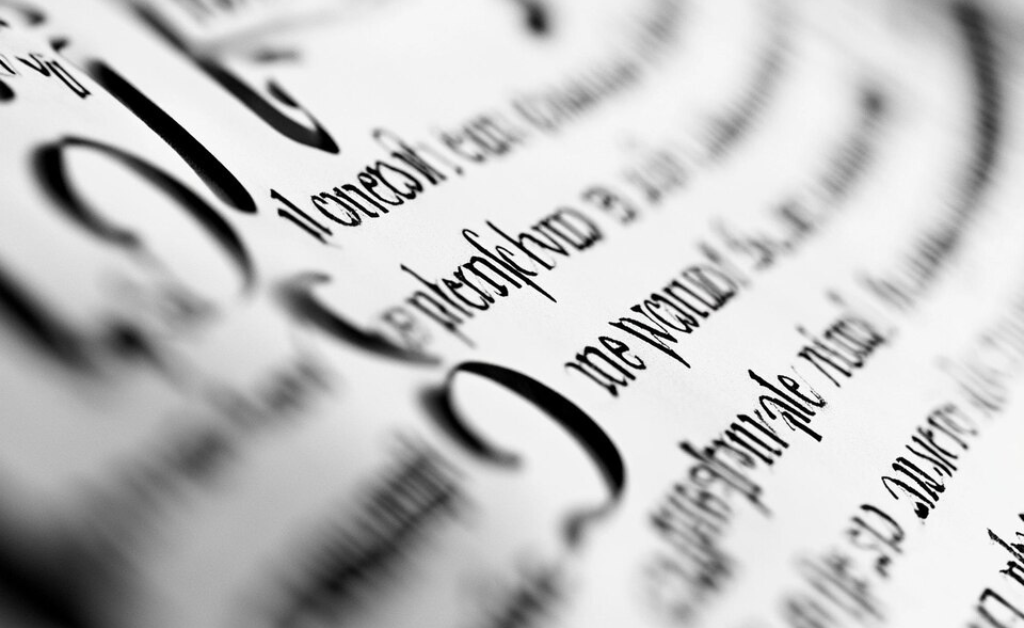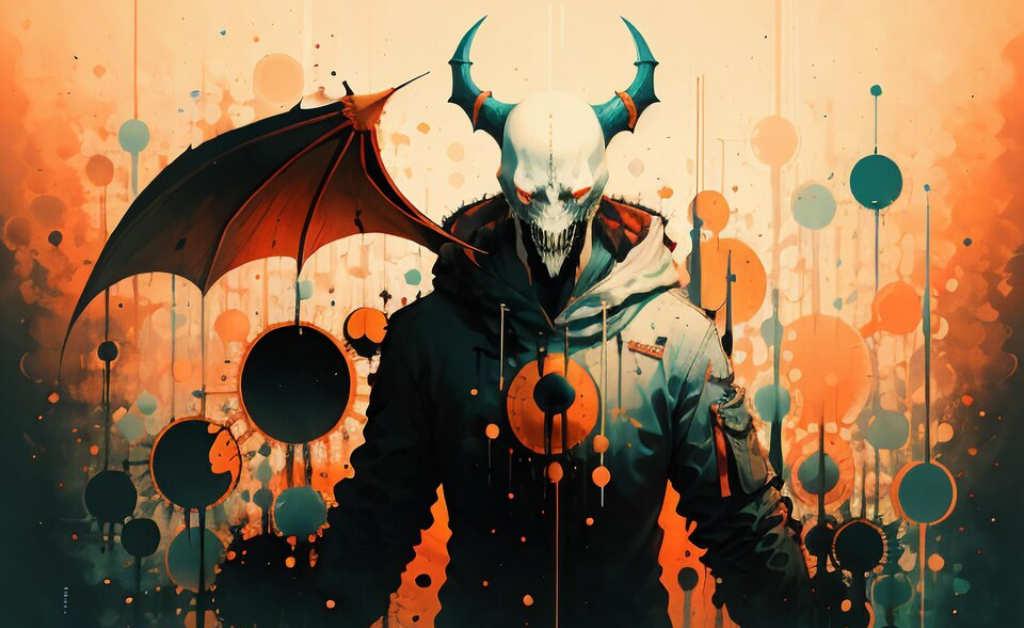Camptown Races Lyrics: The Fascinating History Behind the Song
The Camptown Races lyrics have been sung for generations, bringing to life one of America’s most enduring folk songs. Written by Stephen Foster in 1850, this lively tune has become deeply embedded in American culture. The song, with its catchy “doo-dah, doo-dah” chorus, was originally performed in minstrel shows, but over time, it has evolved into a traditional classic.
While many recognize the melody, few know the fascinating origins and deeper history behind the lyrics. Today, Camptown Races is often associated with horse races, festive gatherings, and even children’s sing-alongs, proving its lasting appeal. Its lyrics, filled with playful imagery of betting, bobtail nags, and racing through the big mud hole, reflect a bygone era while continuing to entertain audiences worldwide (source).
The Origins of “Camptown Races lyrics” and Stephen Foster’s Influence
Stephen Foster, known as the “Father of American Music,” wrote Camptown Races lyrics in the mid-19th century. Born in 1826, Foster composed numerous songs that became defining pieces of early American folk music, including Oh! Susanna, Beautiful Dreamer, and My Old Kentucky Home. His compositions often blended elements of European melodies with African-American musical influences, creating a unique sound that resonated with audiences across social classes.
Camptown Races lyrics were inspired by the lively horse races and social events held in small-town America. The song describes a group of people eagerly watching and betting on a bobtail nag, a type of horse with a shortened tail, racing through the night. The lyrics paint a humorous picture of a carefree, gambling-filled atmosphere where excitement runs high as the horses dash along the dusty race track. The use of repetitive phrases like “doo-dah, doo-dah” makes the song instantly recognizable and easy to sing along with.
Also Read: Nova BSMD Acceptance Rate
Decoding the Camptown Races Lyrics and Their Meaning
The Camptown Races lyrics tell a simple yet entertaining story about betting on a bob-tailed nag in a ten-mile heat. The opening lines, “The Camptown ladies sing this song, doo-dah, doo-dah,” set a cheerful and lively tone. The reference to the “Camptown ladies” suggests a group of spectators or perhaps entertainers who are part of the race day festivities. The lyrics continue with phrases like “Gwine to run all night, gwine to run all day,” emphasizing the thrill and energy of the event.
One of the most famous lines in the song, “Somebody bet on the bay,” alludes to the gambling culture surrounding horse racing. The “bay” refers to a type of brown-colored horse, which was a popular breed for racing. The song’s narrative revolves around the unpredictability of the race, with bets being placed and hopeful gamblers eagerly watching the outcome. The playful lyrics, combined with a bouncing melody, capture the essence of an old-fashioned American race day.
The Musical Structure and Lasting Popularity of “Camptown Races lyrics”
Musically, Camptown Races follows a simple yet infectious rhythm, making it easy for anyone to sing along. The chorus, with its signature “doo-dah, doo-dah”, repeats throughout, reinforcing the song’s energetic and fun nature. Foster composed the song in a way that made it accessible for minstrel shows, where performers used exaggerated expressions and lively dance movements to engage audiences.
Over the decades, the song has been covered and adapted into various styles, from traditional folk renditions to playful jazz and bluegrass versions. It has also been featured in films, cartoons, and even Christmas-themed performances, showing its versatility across different settings. From children’s songbooks to major musical productions, the song has managed to remain relevant, despite originating more than 170 years ago.
Historical Context and Controversy Surrounding “Camptown Races lyrics”
While Camptown Races lyrics are widely recognized today as a fun and innocent folk tune, its origins in 19th-century minstrel shows have sparked discussions about racial representation in American music history. Minstrel performances, which were popular in Foster’s time, often depicted exaggerated and stereotypical portrayals of African Americans. Some of the original lyrics used dialects that reflected racial stereotypes, which have since been modified in modern versions.
Despite this, many music historians argue that Stephen Foster’s works were instrumental in shaping American folk and pop music. His ability to blend different musical traditions helped bridge cultural gaps, even though the performance styles of the era were problematic. Today, Camptown Races is largely performed with revised lyrics that remove outdated dialects while keeping the song’s playful spirit intact.
How “Camptown Races lyrics” Became a Cultural Staple
Few songs have maintained their popularity for as long as Camptown Races. Over the years, it has been referenced in countless TV shows, movies, and commercials. Classic cartoons such as Looney Tunes frequently used the tune in comedic sequences, and popular artists have included variations of the song in their recordings.
The song’s simple melody and engaging lyrics make it a go-to choice for music educators introducing young students to folk music. It is also a common inclusion in marching bands, school performances, and community sing-alongs. Additionally, the phrase “doo-dah, doo-dah” has even entered popular culture as a playful expression of excitement or amusement.
Also Read: Big Barn Wings Lyrics
The Modern Adaptations of “Camptown Races”
In recent years, Camptown Races lyrics have been adapted in different ways, with some artists reimagining the tune in contemporary styles. Jazz, bluegrass, and country musicians have incorporated the song into their repertoires, giving it a fresh twist while keeping its essence alive.
Various adaptations have also emerged online, with music enthusiasts and history buffs analyzing the song’s origins, structure, and lyrical changes. The rise of digital archives has allowed access to original sheet music and historical recordings, further preserving Stephen Foster’s legacy (source).
FAQs
1. Who wrote “Camptown Races” and when was it composed?
Stephen Foster wrote Camptown Races in 1850. He was a well-known American composer credited with writing many classic folk songs.
2. What is the meaning behind “Camptown Races” lyrics?
The song describes a horse race where spectators place bets on the outcome. The lyrics reflect the excitement and unpredictability of gambling on a bobtail nag.
3. Why is “Camptown Races” considered historically significant?
It is one of the most enduring American folk songs, originally performed in minstrel shows. Over time, it became a widely recognized tune in schools, parades, and pop culture.
4. Has “Camptown Races” been adapted into modern music?
Yes, it has been reinterpreted in jazz, bluegrass, and even pop styles. Many artists and bands have incorporated its melody into new arrangements.
5. Is “Camptown Races” still sung today?
Yes, despite its origins, the song remains a popular folk tune and is regularly performed in educational and entertainment settings, with updated lyrics.



